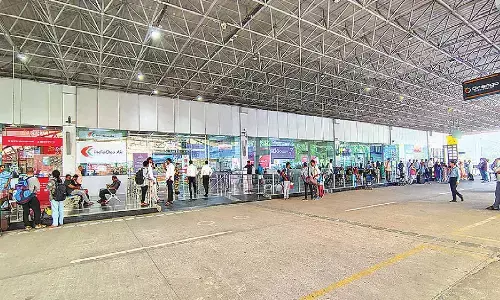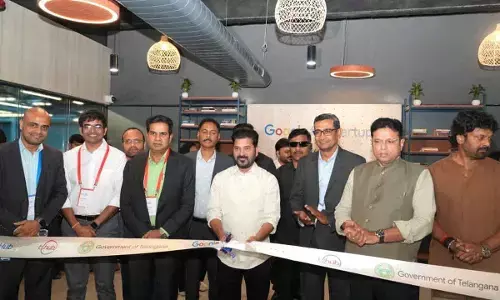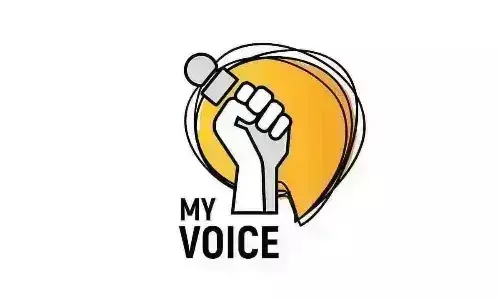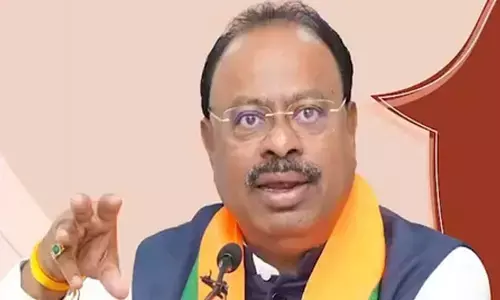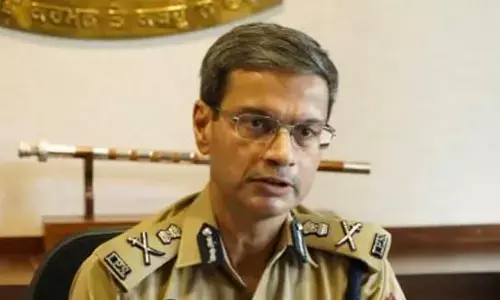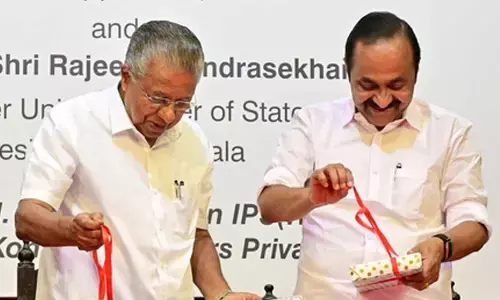Government says it has lifted restrictions in 99 per cent of Kashmir
Share :
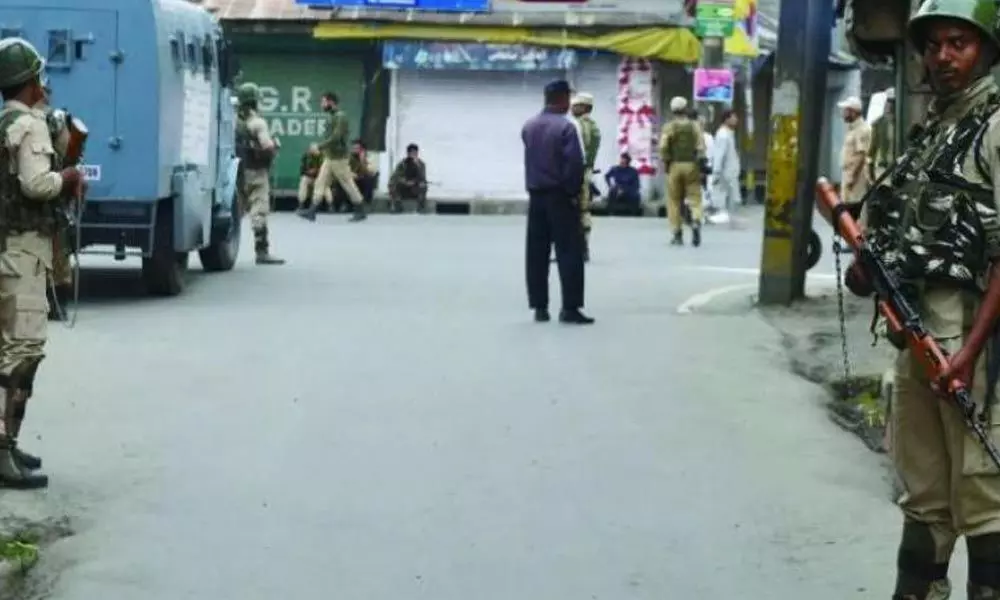
Kansal said there was a gradual lifting of restrictions in J&K since Aug 16 and curbs were lifted by first week of Sep.
Srinagar: Restrictions on the movement of people have been lifted in "over 99 per cent" areas of Jammu and Kashmir, state government spokesperson Rohit Kansal said on Saturday.
Speaking to reporters here, he asserted that the curbs were necessary to prevent "externally-aided terrorists" from disturbing peace in Jammu and Kashmir in the wake of abrogation of the state's special status under Article 370 in August. He also said the cases of those who were detained, including political leaders, were being reviewed by the government for their release.
Kansal said there was a gradual lifting of restrictions in Jammu and Kashmir since August 16 and most curbs were lifted by the first week of September.
"Barring eight to ten police stations, movement restrictions have now been completely removed. Over 99 per cent of the areas of Jammu and Kashmir have absolutely no movement restrictions," he said. He said tourists are welcome to visit the state and the government would facilitate their visit. Internet facilities are being opened at tourist spots to assist those who would want to access it, he added. The government spokesperson said the imposition of restrictions ensured that no lives were lost to terrorism.
"In the light of important constitutional changes that were made in relation to J-K in August 2019, a number of restrictions were imposed from August 4 in order to prevent externally-aided terrorists from disturbing the peace and inflicting casualties on civilians," Kansal said. The spokesperson said it is well established that there have been sustained attempts from across the border, in the past and more so in the last two months, to promote militancy in the state to create a sense of fear among the people.
"It is also a fact that there are attempts from across the border to disturb normal life. Credible inputs continue to be received on the likelihood of large-scale terrorist attacks sponsored by forces inimical to the nation and from outside its borders," Kansal said. "These terrorist attacks are meant not only to cause large-scale damage to life and property but also create an atmosphere of fear and terror among the people of J&K, the vast majority of whom are peace-loving," he added.
Kansal said banned terrorist organisations like Lashkar-e-Taiba, Jaish-e-Mohammad and Hizbul Mujahideen continue to make attempts to terrorise the people of the state. "It was in anticipation of this, those restrictions were imposed so that externally-aided terrorism does not lead to loss of innocent lives," he said.
"This is remarkable, given the history of events in 2008, 2010 and 2016. Some killings and injuries have been inflicted by terrorists, including on a baby, to prevent traders, businessmen, transporters from doing their normal business," he said. Asked about the release of those detained in Kashmir, including political leaders, Kansal said each case is being reviewed. "If there have been arrests, there have been releases as well. It is a dynamic process and cases are being reviewed," he said.
Most of the top-level and second-rung separatist politicians were taken into preventive custody while mainstream leaders, including two former chief ministers -- Omar Abdullah and Mehbooba Mufti, were either detained or placed under house arrest on the night of August 4. On August 5, the Centre revoked Jammu and Kashmir's special status and announced its decision to bifurcate the state into two Union Territories.
Another former chief minister and sitting Lok Sabha MP from Srinagar Farooq Abdullah has been arrested under the controversial Public Safety Act, a law enacted by his father and National Conference founder Sheikh Mohammad Abdullah in 1978 when he was the chief minister. Meanwhile, normal life remained affected in Kashmir for the 69th consecutive day on Saturday as main markets continued to be shut and public transport stayed off the roads, officials said.
Few vendors set up stalls on the TRC Chowk-Lal Chowk road here. Private transport was plying unhindered in Srinagar and other districts across the valley, the officials said. Students continued to stay away from schools and colleges, they said. The Kashmir valley has been witnessing continuous shutdown since August 5. In a full-page advertisement published in local dailies this week, the state administration asked people not to be afraid of militant threats and resume their normal activities.







